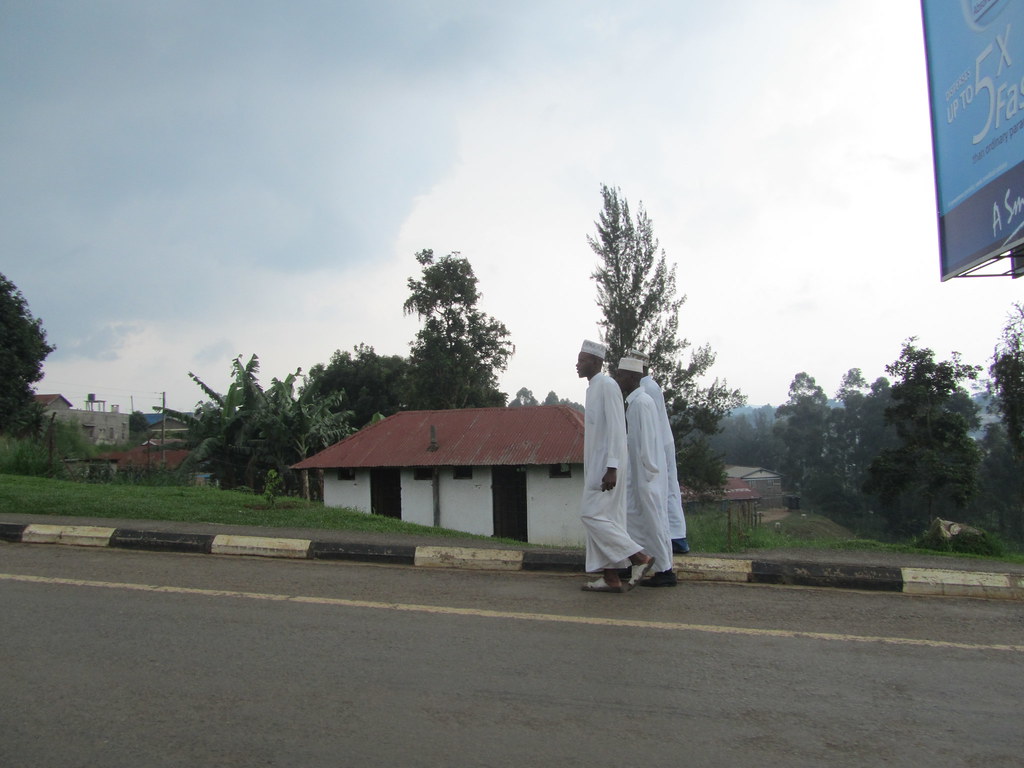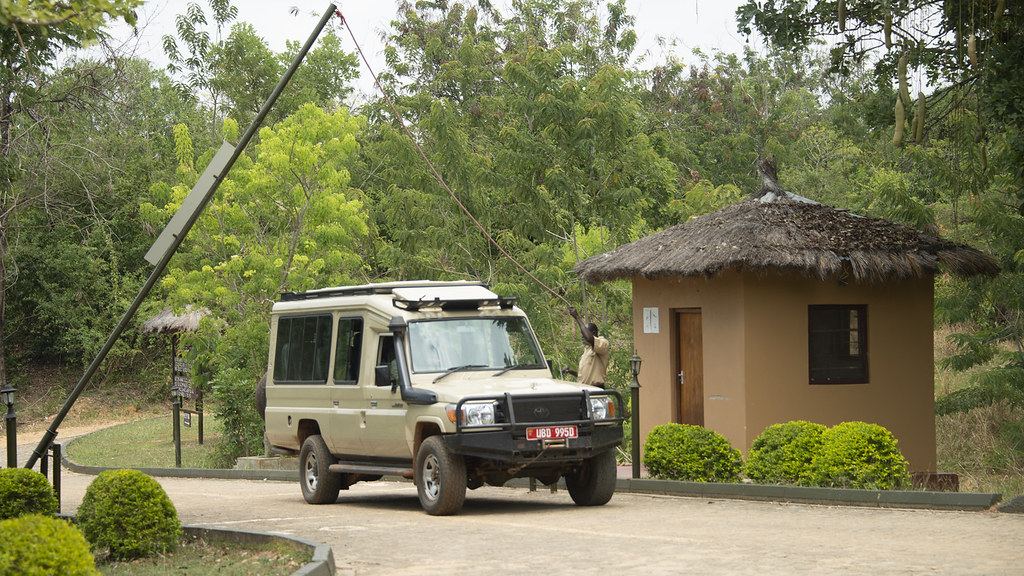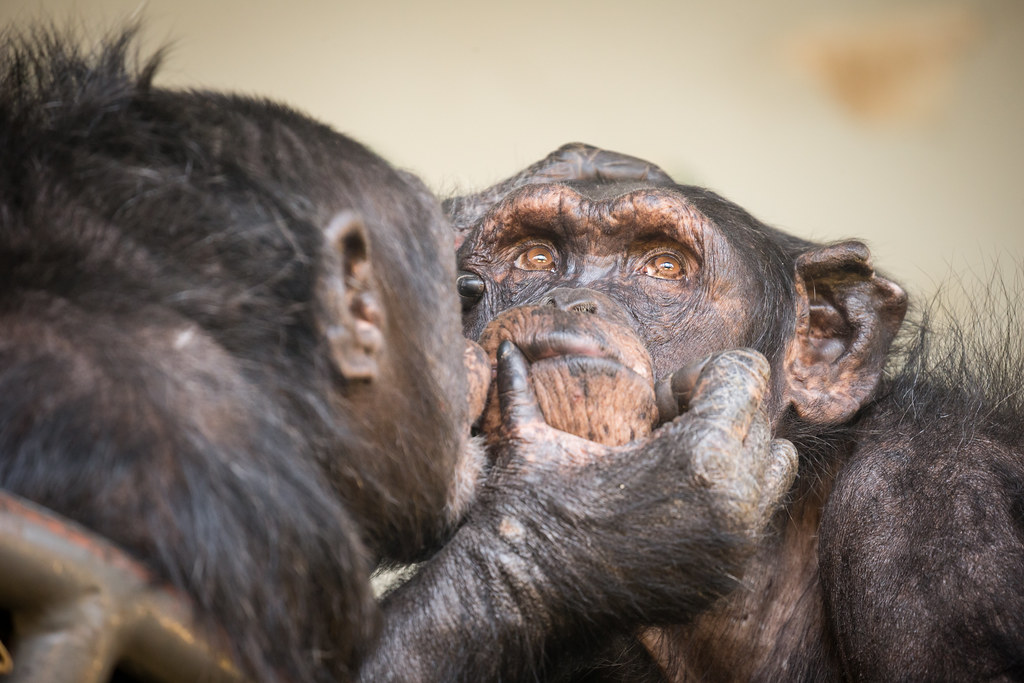Town of Fort Portal
Located in the Toro kingdom and Kabarole region, Fort Portal Town is a well-known tourist destination in Uganda. Fort Portal Town is located 26 kilometers from Kibale National Park and 50 kilometers north of Kasese District, near Queen Elizabeth National Park, in the northern foothills of the Rwenzori Mountain ranges. The Toro King’s palace is located at Fort Portal Town, which is the hub of the Toro kingdom. The town was named for Sir Gerald Portal, the British Consul General of Zanzibar, who visited Uganda in the 1890s to formally establish British protectorate over the country. It is the only English-named town in Uganda, having been constructed in the 1960s. There have been significant social and economic advancements in this town as a result of the growth and presence of tourism attractions. A number of landmarks have been established, including banks, restaurants, and hotels.
Due to the abundance of tourist attractions, Fort Portal is considered one of Uganda’s top tourist destinations. Kibale National Park, which is located in Fort Portal, is home to twelve distinct kinds of primates, including the endangered chimpanzee. The King’s Palace, the Amabere Ga Nyina Mwiru caverns and waterfalls, the Crater Lakes, and the statue of Sir Gerald Portal, which is located on the main road in the town center, are some of the other tourist destinations in Fort Portal. This town is well-known for possessing Kibale National Park, which offers popular tourist attractions including chimpanzee trekking, treks through the Bigodi Wetland Sanctuary, and chimpanzee habituation, among others. The abundance of crater lakes at Fort Portal, where visitors can take crater lake tours, is another fascinating feature.
The town serves as the primary gateway to several national parks, such as Mount Rwenzori, which is visible from almost every corner of the town; Kibale National Park, which is 26 kilometers from Fort; Queen Elizabeth National Park, which is 3–4 hours’ drive from the town Fort portal; and Semliki Valley National Park, which is likewise 3 hours’ drive from the town. There are two ways to get to Fort Portal from Kampala’s capital; the Mityana-Fort Portal Road is the closest, and it takes roughly five hours to drive there. The alternative would be to travel through Mbarara town, which is the biggest town in Western Uganda; however, this route is the most distant from Kasese and, ultimately, from Fort Portal. It will take eight to nine hours to drive this route.
Tribe and Culture
The Batooro and Bakiga are the local inhabitants of Fort Portal Town and Kibale National Park. While the Bakiga people moved from the southwest of Uganda to the area and lived there, the Batooro people are indigenous to the area. The culture and traditions of the Bakiga people are highly fascinating. Through their cultural dance and language, they convey their traditions and culture. A homestead visit would provide you with a deeper insight of Bakiga culture.
One of Uganda’s five remaining traditional kingdoms, the Batooro people take great pleasure in their ethical and cultural legacy. The Toro Kingdom is ruled by a king known locally as the “Omukama.” At the moment, the kingdom is home to one of Africa’s youngest monarchs, Omukama Oyo Nyimba Kabamba Iguru Rukidi IV, who was crowned king just three years after his father, Omukama Patrick David Matthew Rwamuhokya Kaboyo Olimi III, passed away unexpectedly in 1995.
One of the sights to see when visiting Fort Portal Town, which is 26 kilometers from Kibale National Park, is the King’s Palace. The palace is situated on a hill that offers guests a 360-degree panoramic view over the entire lovely town of Fort Portal, and it has a wealth of fascinating history. The Karambi royal tombs, where the kings of the Toro kingdoms were interred, are another destination for tourists interested in cultural tours.
Along with walking tourists through the history, the site guide allows them to view the tombs, the home with the spears, and the drums. The royal family members are interred in the cemetery outside the royal tombs. Lutooro is the language spoken by the Batooro people.



